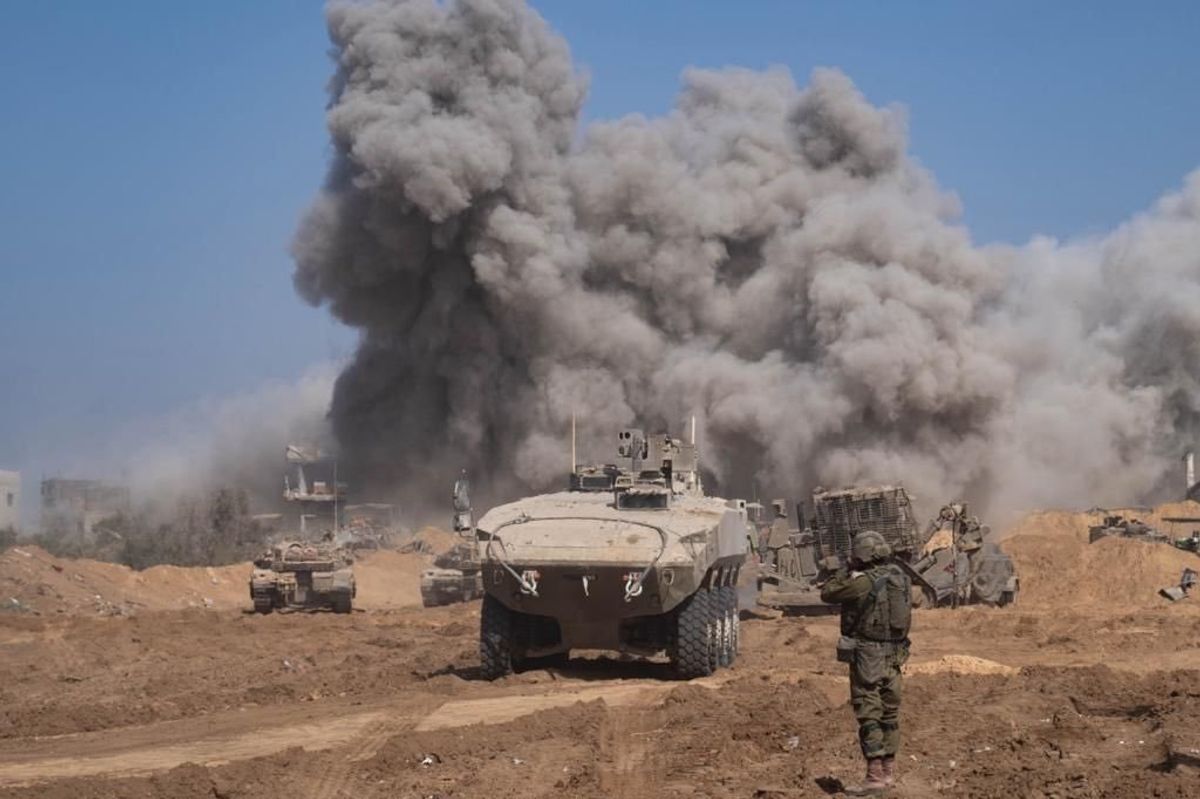Israel’s war in Gaza has entered a critical new moment. Israeli forces have surrounded Gaza City, and the operation will now escalate the war in Gaza into block-by-block combat and entry into Hamas’ underground tunnels. The death toll on both sides will likely rise sharply. Israel hopes this phase will last just a few weeks, but the goal remains to destroy Hamas, at least in Gaza City, and there’s no guarantee it can progress at the needed pace. Even if it is successful, Prime Minister Benjamin Netanyahu announced overnight that Israel intends to assume the “overall security responsibility ... for an indefinite period” following the war, citing ongoing security concerns.
The White House has voiced opposition to this scenario in the long term and is calling for a “humanitarian pause” in the fighting. Israel will likely push forward but has said it is open to tactical "little pauses."
Will this surge of violence in Gaza ignite a regional war? There’s already unrest in the West Bank, but the greater threat comes from Iran’s Middle East proxies — particularly Hezbollah in Lebanon, Houthis in Yemen, and Shia militants in Iraq and Syria.
Most key players in this drama — Israel, Iran, the United States, Hezbollah, and Arab leaders — want to avoid a bigger war that would prove costly for all. But there are lots of wildcards here and much that can go wrong as fighting intensifies.



















